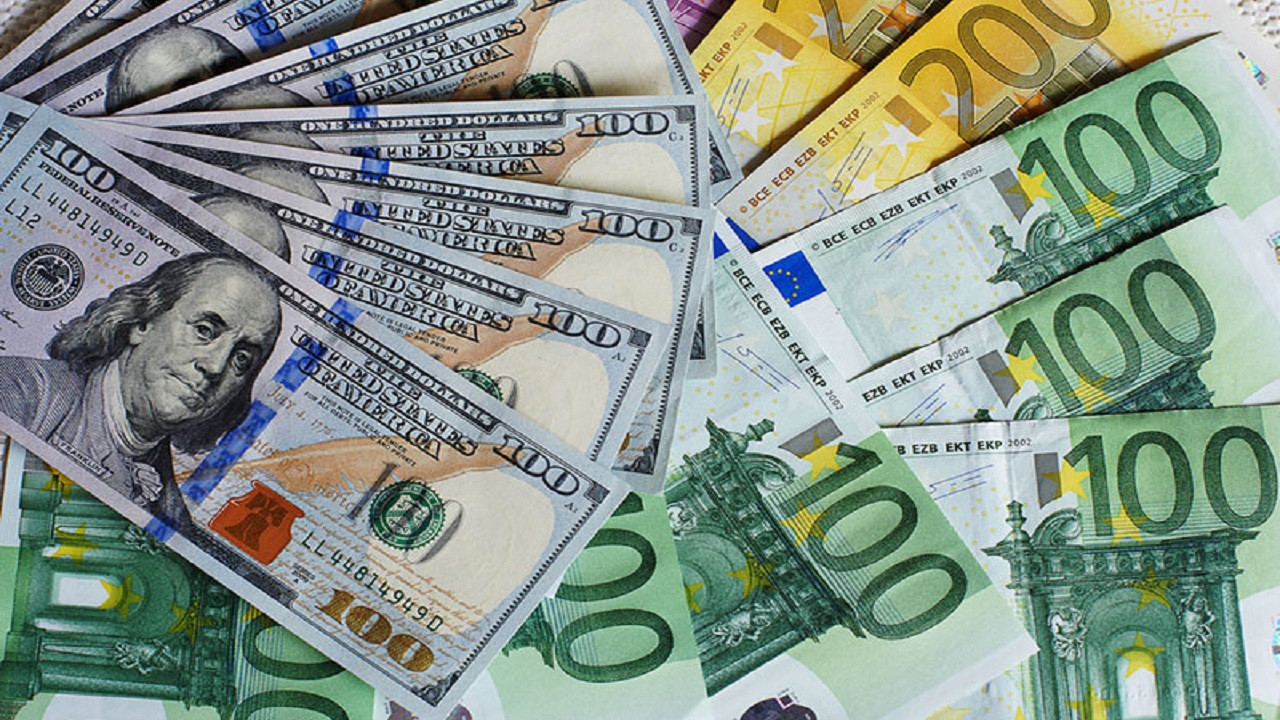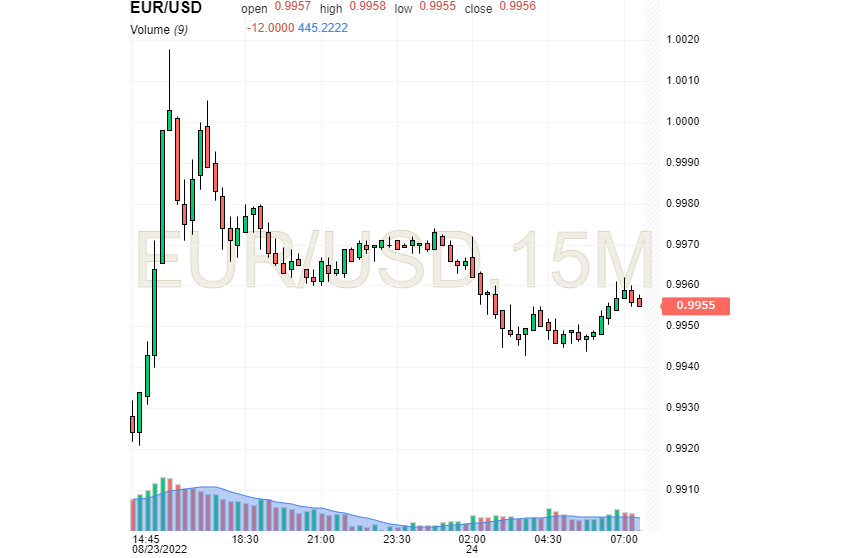
The US dollar maintains its winning streak. Before the Jackson Hole Symposium, the US halted its drop. However, it did not lose momentum. The euro is unable to assert strength. It is trying to consolidate at the current levels or slightly higher. Yet, its attempts have been unsuccessful.
Many investors still prefer the US currency, avoiding other financial instruments. Only gold can compete with the US dollar in terms of investment volume. As traders are increasing long positions on the US dollar, it reaches new highs, pushing down the euro and other currencies. Notably, demand remains high thanks to its safe-haven status. Currently, risk aversion is strong.
Analysts believe that the US currency is likely to keep growing until the Fed makes significant changes in monetary policy parameters. If the risk appetite improves, the US dollar may strengthen amid positive economic forecasts for the US economy and expectations of further rate hikes. Currently, it is unwise to sell the US dollar, FX strategists summarize. After the Jackson Hole Symposium, there will hardly be fundamental reasons to open short positions on USD as well.
A steady rally of the greenback is quite unique. It is associated with the dollar smile theory. The dollar smile theory says that the US currency tends to increase against other currencies when the US economy is extremely weak or very strong. Analysts contemplate that the greenback has many bullish drivers. The most significant one is economic problems in other countries and regions, especially in the eurozone.
The energy crisis, which is now unfolding in the US, has revealed how fragile the EU economy is as well as its energy and import dependency. Apart from that, there is discord between EU state members when it comes to economic strategies. All these factors adversely affected the euro. Besides, the bets managed to take the upper hand amid downbeat inflation data. The figure surged to 8.9% as well as dwindling industrial production and a steeper decline compared to other currencies. Given these headwinds, the euro will hardly climb in the near term. This is why many investors are revising their portfolios in favor of safe-have assets, especially USD. Hence, the share of international settlements in the euro decreased to 36.6%. This is the lowest figure for the current year.
Analysts at JPMorgan Chase & Co provided a bearish forecast for the euro. They believe that by the end of 2022, the European currency will fall to 0.9500. FX strategists of other think tanks expect the euro to decrease to 0.9700-0.9800.
This week, the EUR/USD pair is likely to trade below the parity level. After reaching the parity level, there has been a noticeable decline in short positions on the euro. However, it had almost no effect on the trajectory of the US dollar. It held firmly near recent highs. Shortly after, it continued to grow. On August 24, the EUR/USD pair was trading at 0.9955. The euro could test new lows once again.

The euro has already fallen to a 20-year low. The energy shock, which pushed EUR down, boosts inflation in the eurozone and increases the risks of a recession. Many economists suppose that the eurozone is gradually sliding into a recession due to soaring energy prices.
The PMI indices for the eurozone in August showed a contraction in economic expansion as galloping inflation weighed on consumers and businesses. At the same time, some analysts stressed that inflationary pressure slightly eased. The figure is approaching its peak. However, economic prospects remain cloudy against the background of high gas and electricity prices. To this end, the ECB may be forced to tighten monetary policy more aggressively. Despite gloomy economic prospects, the regulator could still raise the key rate by 50 basis points in September.
Now, investors are looking forward to the Jackson Hole Symposium and Jerome Powell's speech. They hope to get more clues about the Fed's future plans for rate hikes. This is why it is hardly surprising that the greenback is rising higher, crushing down its rivals. The Fed's hawkish stance and the risks of a global recession are ate fueling demand for safe-haven currencies, especially the US dollar.
A rally is likely to persist in the near future. If the central bank sticks to aggressive tightening, the US currency may climb to new highs. Speculators believe that Powell will confirm the regulator's commitment to a hawkish stance. If so, the question is whether the Fed will raise the interest rate by 50 or 75 basis points. Aggressive tightening and the risks of a slowdown in the global economy will be the main catalysts for further growth of the US currency. It is projected to maintain an uptrend throughout this year and at the beginning of 2023.





















